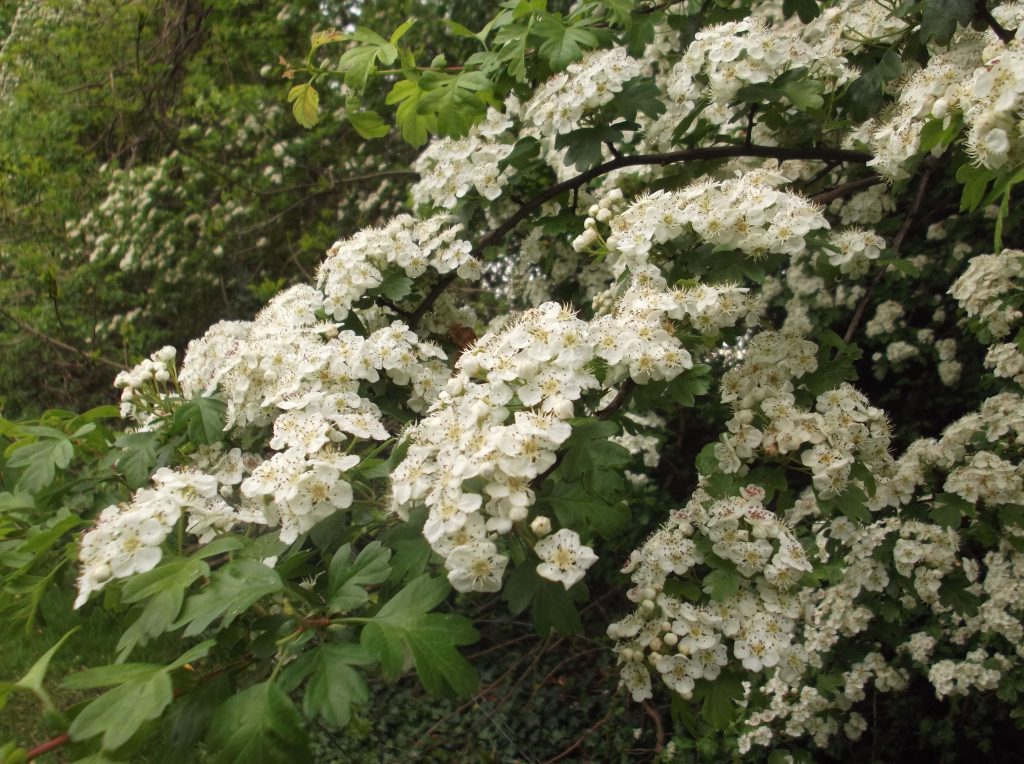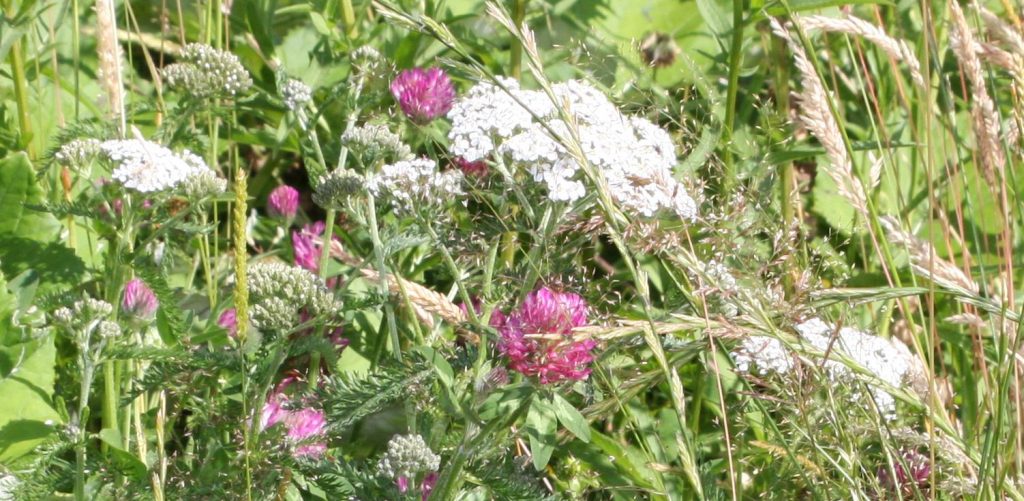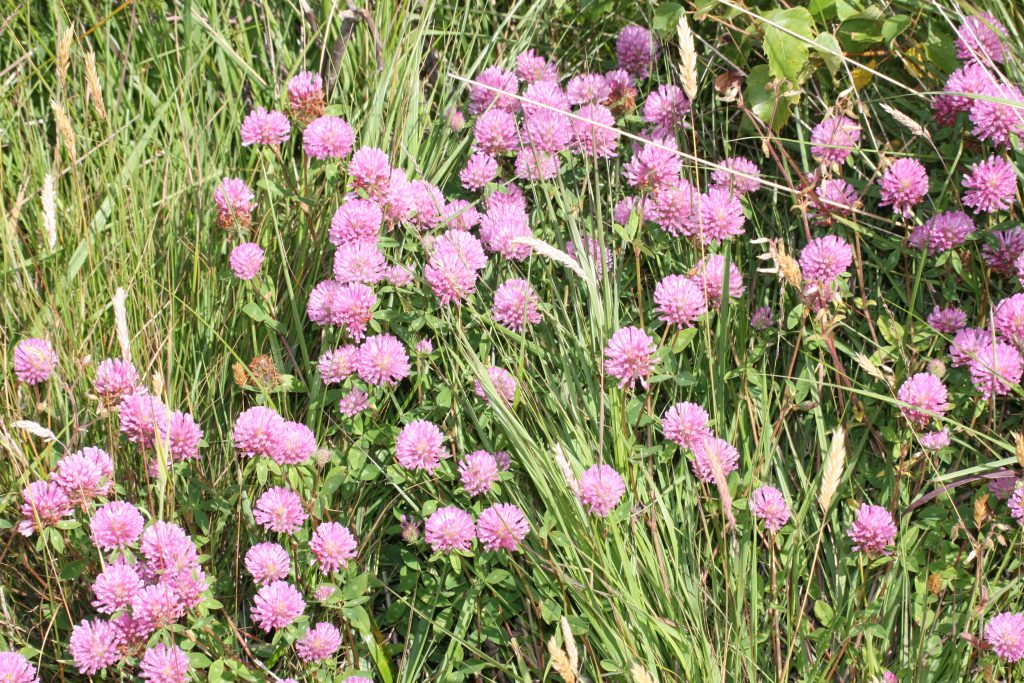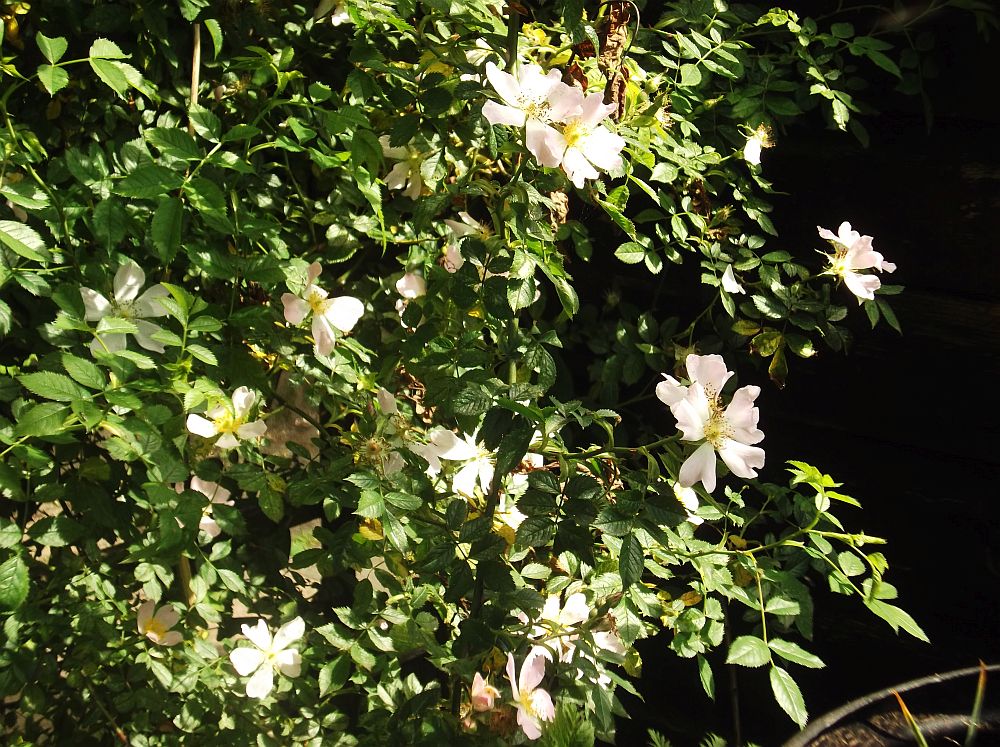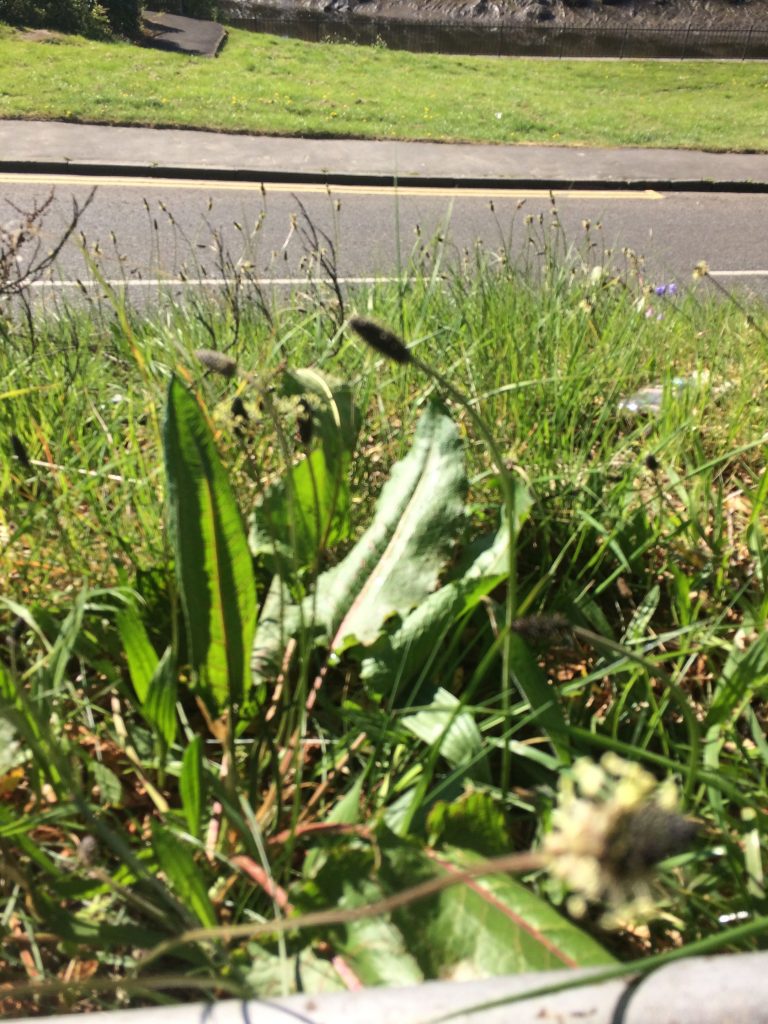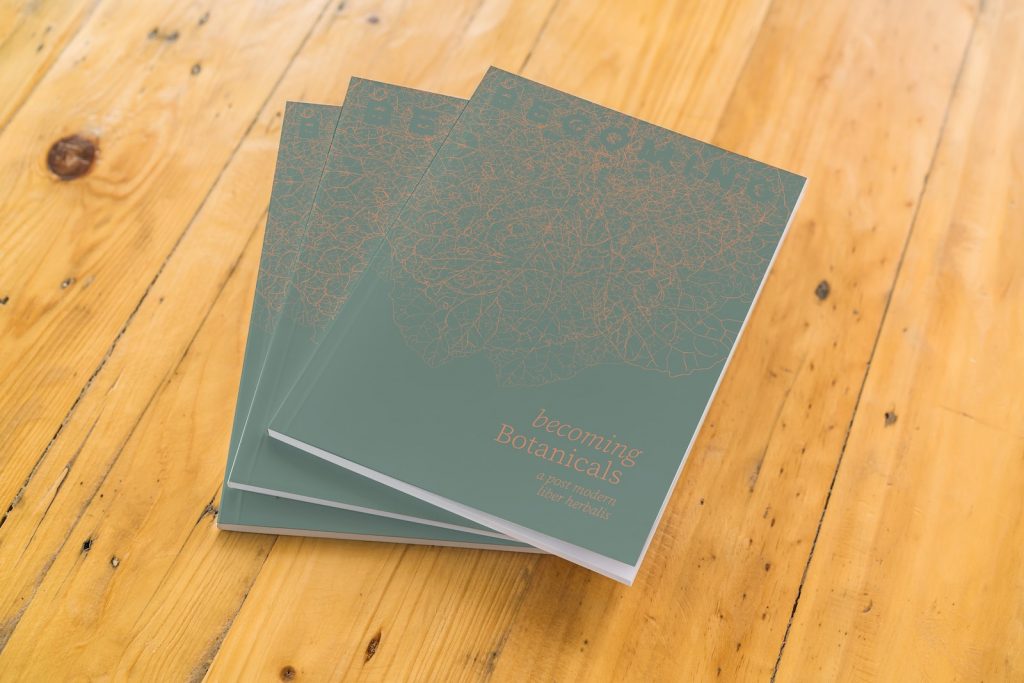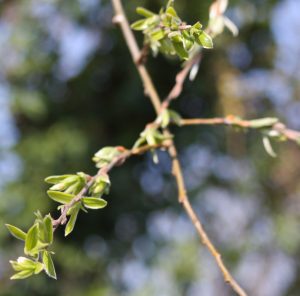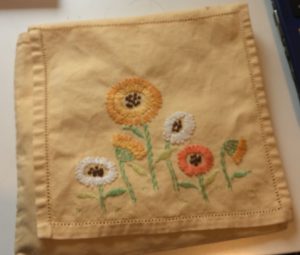
This is my wonderful publisher, Sheila Wakefield of the astonishingly productive Red Squirrel Press. Since I have started editing for Red Squirrel Press I have had a look at the publisher’s eye view of being published, and also developed and editor’s eye view and they are a little different —-
but let’s have a look at the poet’s eye view.
It is lovely when a publisher asks you to submit a manuscript (this does happen sometimes) and it’s lovely if you’ve sent some poems and you get a positive response. It’s fabulous to hold the finished book in your hands and put in the sticky tabs marking the poems you’re going to read from it at the launch. But it’s very hard to find a publisher, and I hear a lot of people asking why they bother. Self-publishing software is available, and if you’re willing to go to the trouble, you can get a professional looking product, do all the promotion yourself, and do so much better ——-
Well, can you? I have met people who say they do, and they are not poets. Fiction publishers seem to think along the grooves, and if you have something a little bit off the wall, but you know there’s a market for your work, it might be worth a punt. If you have been published and your publisher hasn’t treated you well, but you know all that’s involved, you might do a better job. If you are willing to pay the professionals for the things you can’t do, and spend half your working life (literally) doing the social media and the marketing emails and newsletters, you might make more money.
Poetry is different. For one thing, it is way more diverse and experimental than prose. People do it for love, not money (just as well) and poetry is short and portable and cheap to transmit. I see a lot of poets (mostly older, and more often than not male, don’t know why) complaining that poetry is all x these days (performance, or instagram or identity or issue based or —–) and I want to say, every time, “Where are you looking?” There is poetry of all sorts being published, lots of small magazines, online mostly, but a surprising number in print, thanks to print on demand. You are rarely going to be ‘too original’ or ‘not sufficiently commercial’ for publication.
Then, print runs are small. Unless you do it yourself, which is a much more skilled job than many people would like to admit, it is going to be expensive – editing, cover design, book design and typesetting, proof-reading, printing and binding cost so much that unless you sell a complete run, you won’t even cover the outlay. And then you have to factor in the library copies and review copies – and reviewers very rarely buy the books they review – not to mention the ones you swap with other poets for their books —-
No-one makes much money out of poetry.
If you are a spoken word poet, and all you want is a bit of merch for when you do a gig, you might be happy with a do-it-yourself product, but even then, I would encourage you to look around. There are some wonderful small presses who specialise in doing just this – Stewed Rhubarb, for one. But you will be trading on your reputation within the spoken word community, and page poetry doesn’t work the same way.
Page poetry does sell via readings and festivals and so on, but you have to be asked to those things, which means a lot of self-promotion. Being published by a traditional publisher gets you through some of those hoops, because they are part of a trade network. Your book joins an established conversation, instead of shouting into the void. Requests from publishers for their poets to appear in festivals carry more weight unless you already have an established profile. Reviews are easier to get that way too, but this is getting harder to achieve. Mostly, poetry books sell via the publisher’s website. I sell very few books myself, but Haggards has been reprinted twice, and has never been reviewed at all.
Not every publisher edits. I have talked to poets who have submitted an manuscript and some time later a book lands on their doorstep, and that’s the first they know about it. Some poets like that – they’ve worked hard on their poems, and surely, if the publisher liked them well enough to accept them, they are good enough? However, some poets get very nervous about it, and I think they are right to do so. There is something reassuring about talking your work over with someone who is as invested as you are in getting your work into its best possible form. If you have a publisher who does editing, you should treasure them.
You can find a lot about my philosophy of editing here, but there are a few more points I want to make.
Editing is a delicate process, and understandably, some poets feel very defensive. Will they get you? What if you write the kind of ppoetry they don’t like – or if they write the kind of poetry you don’t like! It’s worth remembering that if a publisher has selected your book for publication, the editor already believes it must be good. You are starting from a winning position!
Of course it won’t feel like that when you are told (as most poets, unaccountably have to be told) that you have submitted too many poems and a lot of them will have to go. The usual limit for a pamphlet is twenty pages of poems, and for a collection it’s 60, because of the way printing costs are calculated, but what most people don’t realise is that the computer default is A4, whereas book pages are closer to A5. Unless you write very short poems, that’s going to make a big difference.
The simplest way to proceed is to cut out the duds. But by the time you get to publication, very few poems are actually duds. The selection process is governed by many more factors that might not occur to a poet. When you first write a poem, the dialogue is between you and the topic, you and the poem. But when you put them all together, the poems begin to talk to each other, and it makes a big difference.
I like to find out what a poet has in mind for this collection. Is it her best work? or a showcase of everything she can do? Or does it tell a story, or take you for a walk through something or somewhere? Many of the poets I’ve edited already have a sense of structure and progress through the book – nothing so explicit as a theme, necessarily, but a sense of which poems belong together, which is the opening poem, which the conclusion. And when an editor cuts poems out, it has to be with respect to that structure and progress. So you might find there’s a cracking poem which doesn’t make the cut because it doesn’t fit.
Then, you might find you have an awful lot of poems with the same atmosphere, using the same techniques, on the same themes, or using similar motifs and images. It doesn’t always show up on a poem by poem basis, but when the whole thing comes together, it becomes a bit obvious – I’ve put an indefinite ban on rain and clay in my poems, after Haggards!
My own personal beliefs and preferences don’t come into the selection process as much as you might think. I have edited many poems whose arguments I don’t accept, many poems on subjects I don’t myself find interesting. Of course racist, sexist and homophobic poems wouldn’t make the cut, but poets who get this far don’t usually make those mistakes. You can occasionally find you’ve written a poem that is open to misconstruction, and then it has to be reworked or dropped – a second opinion on this can save you a lot of future embarassment. There is only one subject I won’t accept, and that is the kind of gratuitous graphic presentation or contemptuous treatment of the subjects of self-harm and suicide. This is a live issue in my life, as in the lives of many people, and disprespectful treatment isn’t just upsetting – it can produce very damaging and dangerous results. Personally, I can’t even deal with such poems – I literally fainted the first time I came across one.
Occasionally poets, especially in their first collection, show a lot of influence from particular poets, and this can be a problem, not of plagiarism – that would be totally unacceptable – but of establishing the maturity and authenticity of a poet’s work. Mostly I try to cut such poems, to allow the poet’s individual voice to sound out more clearly. Sometimes I request edits to poems for the same reasons. There are exceptions, however – one poet actually became stronger and more confident with a model to work from, and another had such a wide range of influences that it gave the collection a versatility of voice and technique that you wouldn’t have expected.
By the time I get to suggesting any changes, I will have spent a long time getting the feel of a poet’s own style and technique, and I won’t be trying to change or soften it, but it is true that my ear for another poet’s style isn’t as good as hers. If a change is needed, your change will work better than mine, and I almost always accept it.
And finally – a small boast, not to big myself up, but to reassure any upcoming poets who don’t know me so well. Almost all the collections I have edited have been reprinted and sold well. Naturally, the credit for this goes to the poets first, and to Sheila Wakefield’s good judgement in spotting their talent. But I think you can safely believe that I won’t be doing your book any harm!




